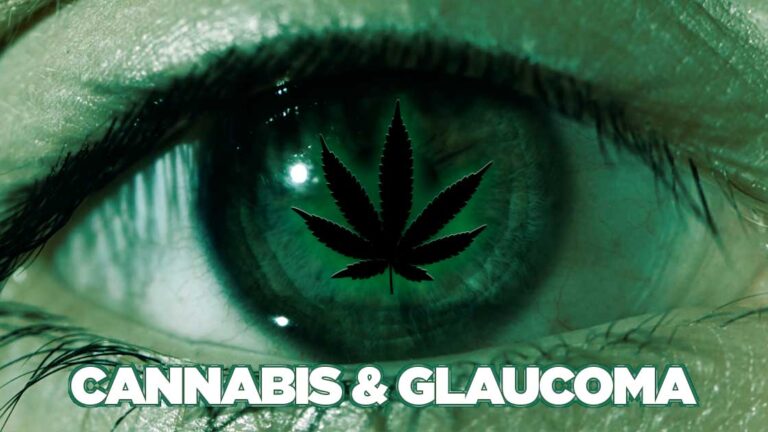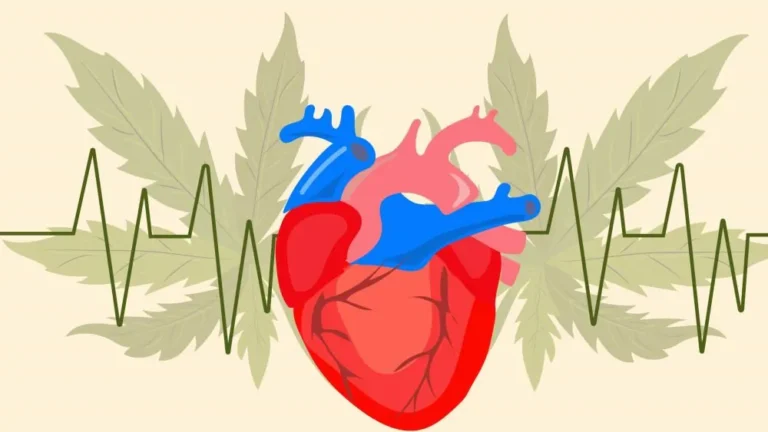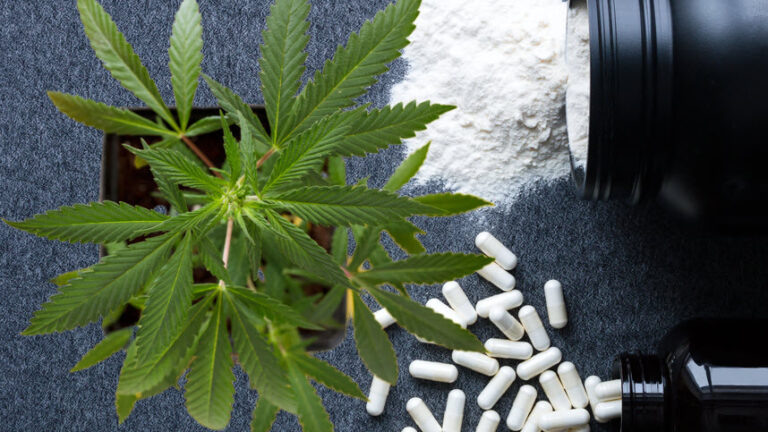
Weed Hinder Muscle Growth? Discover the Weed Hidden Hurdle for Your Muscle
Key Points
- Limited Direct Evidence: Research on cannabis and muscle growth is sparse, with no definitive human studies confirming that weed directly hinders muscle growth.
- Potential Negative Effects: Animal studies suggest cannabis, particularly THC, may reduce testosterone and protein synthesis, which could impede muscle development.
- Indirect Benefits: Cannabis may increase appetite and improve sleep, potentially supporting muscle growth if managed properly.
- Controversy Exists: Anecdotal reports vary, with some users claiming no impact on gains, while others note reduced motivation or performance.
- Caution Advised: Frequent or heavy cannabis use may pose risks to muscle-building goals, but individual responses differ.
Does Weed Hinder Muscle Growth?
The question of whether weed hinders muscle growth is complex. While there’s no conclusive human evidence that cannabis directly stops muscle growth, some studies suggest it could interfere with key processes like testosterone production and protein synthesis. These effects might make it harder to build muscle, especially for frequent users. However, cannabis can also increase appetite and aid relaxation, which could indirectly support muscle growth if you eat enough protein and rest well.

Factors to Consider
Your body’s response to cannabis depends on how often you use it, the amount, and whether you smoke, vape, or consume edibles. Heavy use might lower testosterone or disrupt workout focus, while occasional use may have minimal impact. The method of consumption also matters—smoking might affect lung capacity, potentially reducing exercise endurance.
Practical Advice
If you’re serious about building muscle, consider limiting cannabis use, especially before or after workouts, to avoid potential negative effects on hormones or motivation. Focus on a high-protein diet and quality sleep to maximize gains. Always consult a healthcare professional if you’re unsure about cannabis’s impact on your fitness goals.
The Hidden Hurdle: How Weed Might Sabotage Your Muscle Growth
Introduction
Cannabis, often called weed or marijuana, has surged in popularity with increasing legalization and cultural acceptance. From recreational users to fitness enthusiasts, many incorporate cannabis into their lifestyles, raising questions about its impact on physical goals. For bodybuilders and athletes, a key concern is: does weed affect muscle growth? Specifically, does smoking weed affect muscle growth, or could it even stop it entirely? This article explores the science, anecdotal evidence, and practical implications of cannabis use on muscle development, addressing whether weed hinders muscle growth and how it might influence your gym results.
Understanding Cannabis and the Body
Cannabis contains over 100 cannabinoids, with tetrahydrocannabinol (THC) and cannabidiol (CBD) being the most prominent. THC is responsible for the psychoactive “high,” while CBD is non-psychoactive and often linked to relaxation and pain relief. These compounds interact with the endocannabinoid system (ECS), a network of receptors (CB1 and CB2) that regulates appetite, pain, mood, sleep, and hormone production. Since muscle growth relies on hormones like testosterone, protein synthesis, and recovery, cannabis’s effects on these processes are critical to understanding its impact.
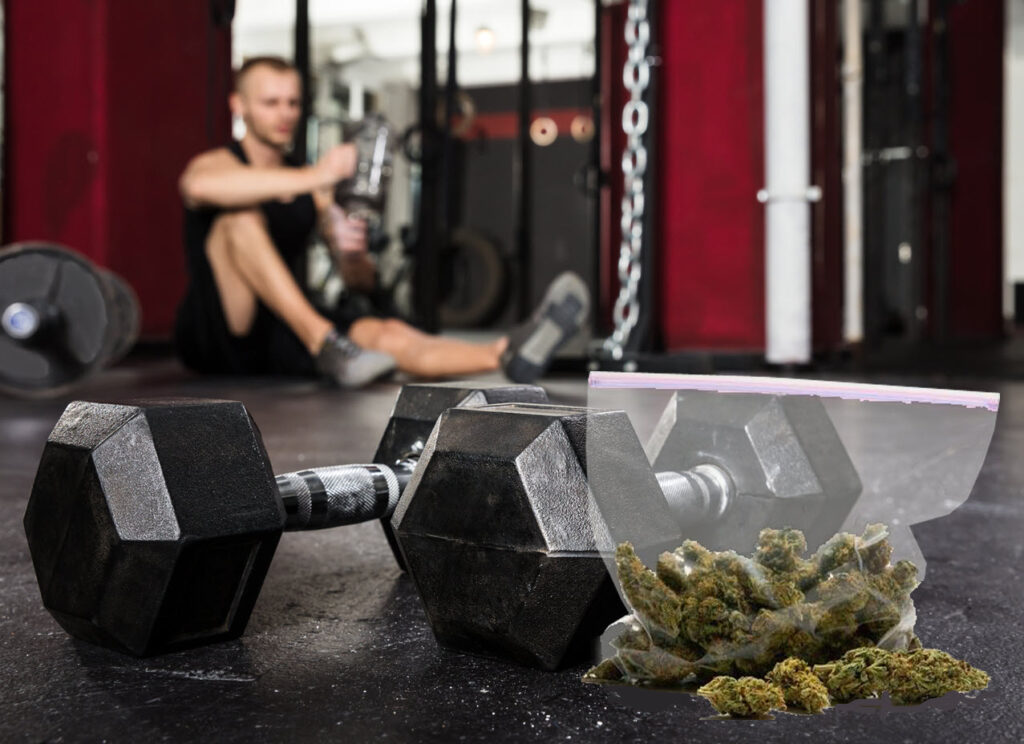
Direct Effects on Muscle Growth
Testosterone and Protein Synthesis
Muscle growth, or hypertrophy, depends on testosterone and protein synthesis. A 1979 study published in Molecular and Cellular Endocrinology examined the effects of cannabinoids on rat testis Leydig cells, which produce testosterone. The study found that cannabinoids, including THC, reduced human chorionic gonadotropin (hCG) and dibutyryl-cAMP-stimulated testosterone production by up to 50% at low concentrations (0.15 μM). Additionally, the incorporation of L-[U-14C]leucine into Leydig cell proteins was significantly reduced, indicating impaired protein synthesis—a key process for muscle repair and growth.
While this study was conducted on rats, it suggests that THC could disrupt testosterone production and protein synthesis in humans, potentially hindering muscle growth. Testosterone is a primary anabolic hormone, and reduced levels could limit muscle hypertrophy. Similarly, impaired protein synthesis would slow muscle repair after workouts, further impacting gains.
mTOR Signaling
Another potential concern is cannabis’s effect on the mTOR signaling pathway, which regulates muscle protein synthesis. A 2019 review noted that chronic cannabis use in animal models may disrupt mTOR signaling, which is essential for muscle building. While human studies are lacking, this disruption could theoretically reduce the body’s ability to build muscle efficiently.
Exercise Performance
Cannabis use, particularly smoking, may impair exercise performance. A 2019 study in Frontiers in Physiology found that cannabis can decrease reaction time, lower strength, and increase fatigue, potentially reducing workout quality and muscle-building potential. Smoking weed before or after lifting could activate CB1 receptors, which are typically suppressed post-exercise to promote muscle-growth hormones like mTOR, potentially counteracting these benefits.
Indirect Effects on Muscle Growth
Appetite Stimulation
Cannabis is well-known for inducing “the munchies,” increasing appetite through CB1 receptor activation. This can be beneficial for bodybuilders aiming to eat in a caloric surplus, a requirement for muscle growth. A 2023 article from Leafwell noted that increased appetite could help bodybuilders meet their protein and calorie needs, indirectly supporting muscle development. However, if the extra calories come from unhealthy foods, this could lead to fat gain rather than muscle.
Sleep and Recovery
Quality sleep is crucial for muscle recovery, as growth hormone release peaks during deep sleep. Cannabis, particularly CBD, may improve sleep quality by promoting relaxation, as noted in a 2024 article from Soul. Better sleep could enhance recovery, indirectly supporting muscle growth. However, excessive THC use may disrupt REM sleep, which is vital for central nervous system recovery, potentially negating these benefits.

Motivation and Focus
Cannabis’s psychoactive effects can vary widely. Some users report improved focus and relaxation, which could enhance workouts, while others experience reduced motivation or impaired mind-muscle connection, as noted in a 2023 article from Men’s XP. This variability suggests that cannabis’s impact on training consistency depends on the individual.
Anecdotal Evidence
Online communities like Reddit provide a wealth of anecdotal insights. In a 2017 thread on r/gainit, some users reported no negative effects on muscle growth from daily cannabis use, with one user gaining 30 pounds in a year while smoking regularly. Others, however, noted that frequent use reduced their drive to train or led to lazier workouts, potentially hindering progress. These mixed experiences highlight the individual nature of cannabis’s effects.
CBD vs. THC: A Closer Look
CBD, unlike THC, is non-psychoactive and may offer benefits for muscle recovery. A 2021 study found that CBD (150 mg/day) had no significant effect on muscle function or soreness in untrained males, but another study suggested that 60 mg/day CBD reduced creatine kinase levels post-exercise, indicating less muscle damage, though it also reduced strength temporarily (PMC). These findings suggest CBD might aid recovery but not directly enhance muscle growth.
Practical Considerations
The impact of cannabis on muscle growth depends on several factors:
| Factor | Potential Impact |
|---|---|
| Frequency of Use | Occasional use may have minimal impact; heavy use could disrupt hormones and focus. |
| Method of Use | Smoking may impair lung capacity, affecting endurance; edibles have delayed effects. |
| Timing | Using cannabis before or after workouts may interfere with hormone release or focus. |
| Individual Response | Genetics, lifestyle, and tolerance influence how cannabis affects performance. |
To minimize potential negative effects:
- Limit Use: Avoid frequent or heavy cannabis use, especially around workouts.
- Choose CBD: Opt for CBD-dominant products for potential recovery benefits without psychoactive effects.
- Prioritize Nutrition: Ensure appetite increases lead to high-protein meals, not junk food.
- Consult a Professional: Speak with a healthcare provider to assess cannabis’s impact on your fitness goals.
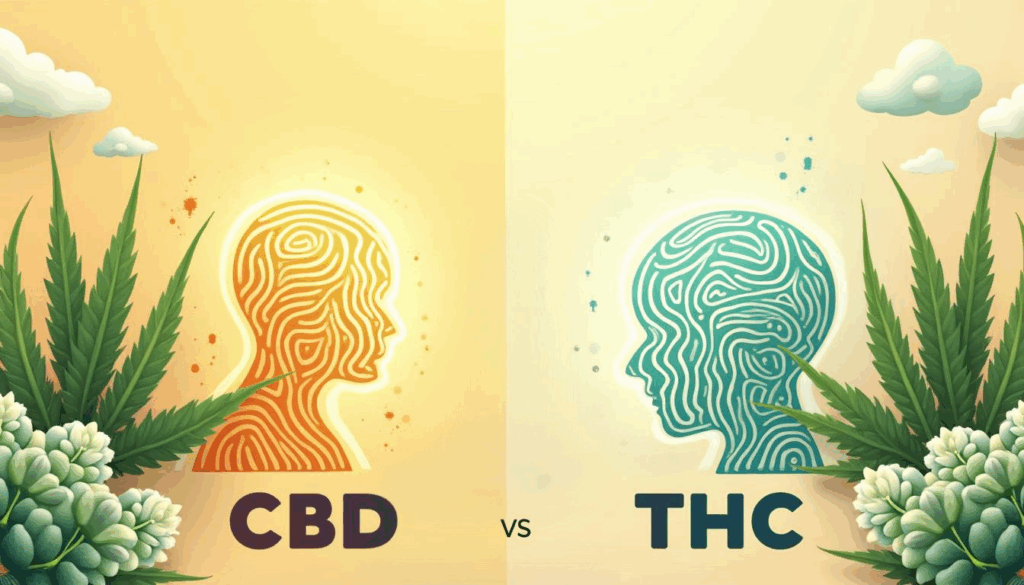
Conclusion
The question does weed stop muscle growth? lacks a definitive answer due to limited human studies. Animal research suggests that THC may reduce testosterone and protein synthesis, potentially hindering muscle growth, while cannabis’s effects on appetite and sleep could offer indirect benefits. Anecdotal reports are mixed, with some users experiencing no impact on gains and others noting reduced motivation or performance. For those serious about muscle building, limiting cannabis use—especially THC-heavy products—and focusing on nutrition, training, and recovery is advisable. As research evolves, we may gain clearer insights, but for now, caution is key.
